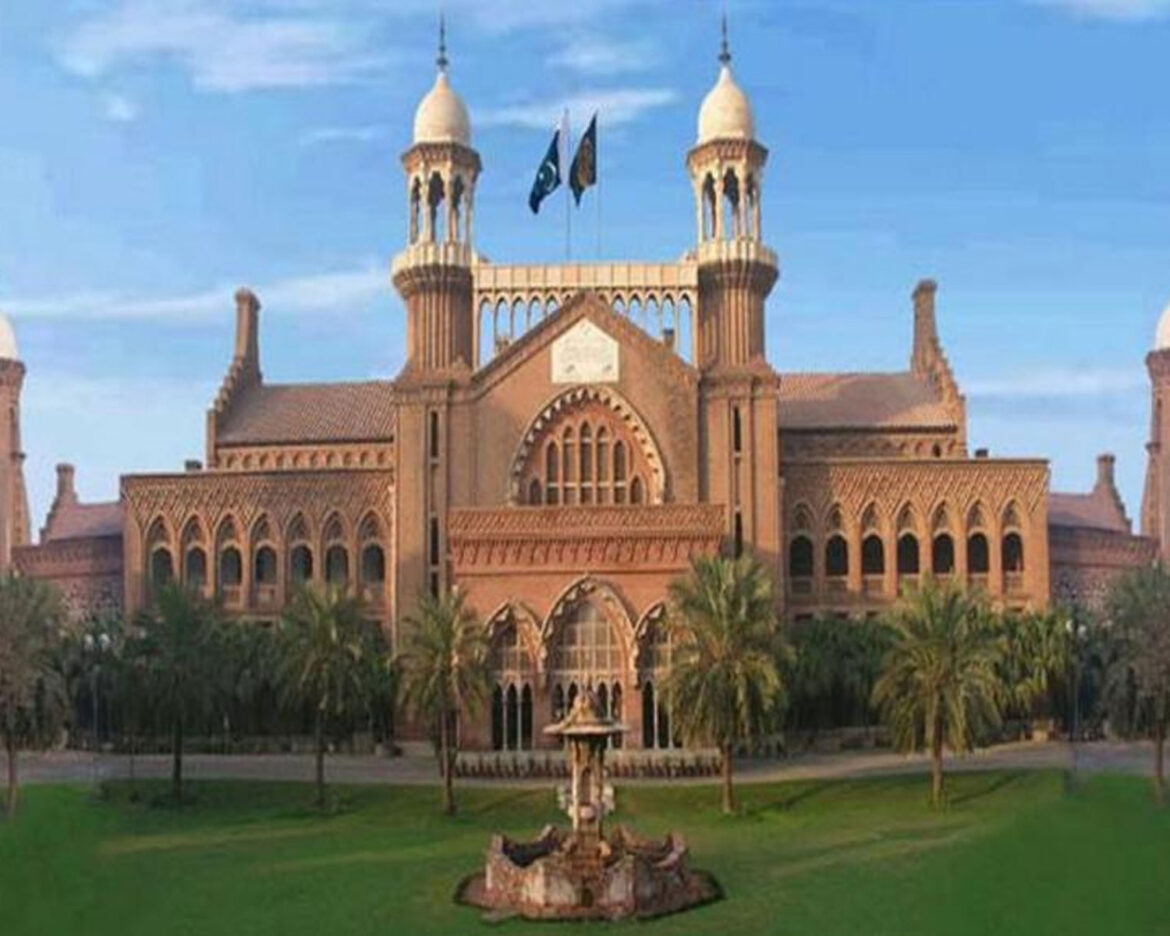The Lahore High Court (LHC) has undertaken a major reshuffle of district and session court judges, a move that includes the reassignment of judges overseeing politically sensitive cases across the province.
The decision, as outlined in a notification signed by LHC Registrar Irfan Ahmad Saeed, involves the transfer of 53 district and session judges from their current postings to various other stations. Of particular note, around 22 of these judges, including prominent figures such as anti-terrorism court Judge Izaj Ahmad Buttar and Central Special Judge Bakht Fakhar Bahzad, have been directed to report to the LHC for further orders.
Notably, some of these transferred judges were presiding over cases linked to Pakistan Tehreek-e-Insaf (PTI) leaders and members, who were allegedly implicated in the May 9 riots. These disturbances reportedly included the vandalism of the Lahore Corps Commander House, also known as Jinnah House. ATC Judge Buttar, who was among the judges reassigned, was handling the proceedings related to these incidents.
The reshuffle has generated considerable attention, with legal experts and political observers closely monitoring the implications of this move. While the LHC’s notification did not explicitly elaborate on the reasons behind these transfers, the timing and the reassignment of judges handling politically sensitive cases have sparked discussions regarding potential motivations and the impact on ongoing legal proceedings.
Observers are now awaiting further updates and insights as the judicial landscape adjusts to these significant changes. The reshuffle’s influence on cases involving PTI leaders and workers, as well as the broader legal environment in the province, remains a subject of interest and speculation.
As the affected judges begin their new assignments and proceedings continue under different magistrates, the Lahore High Court’s decision is poised to have lasting ramifications on the legal and political arenas alike.



